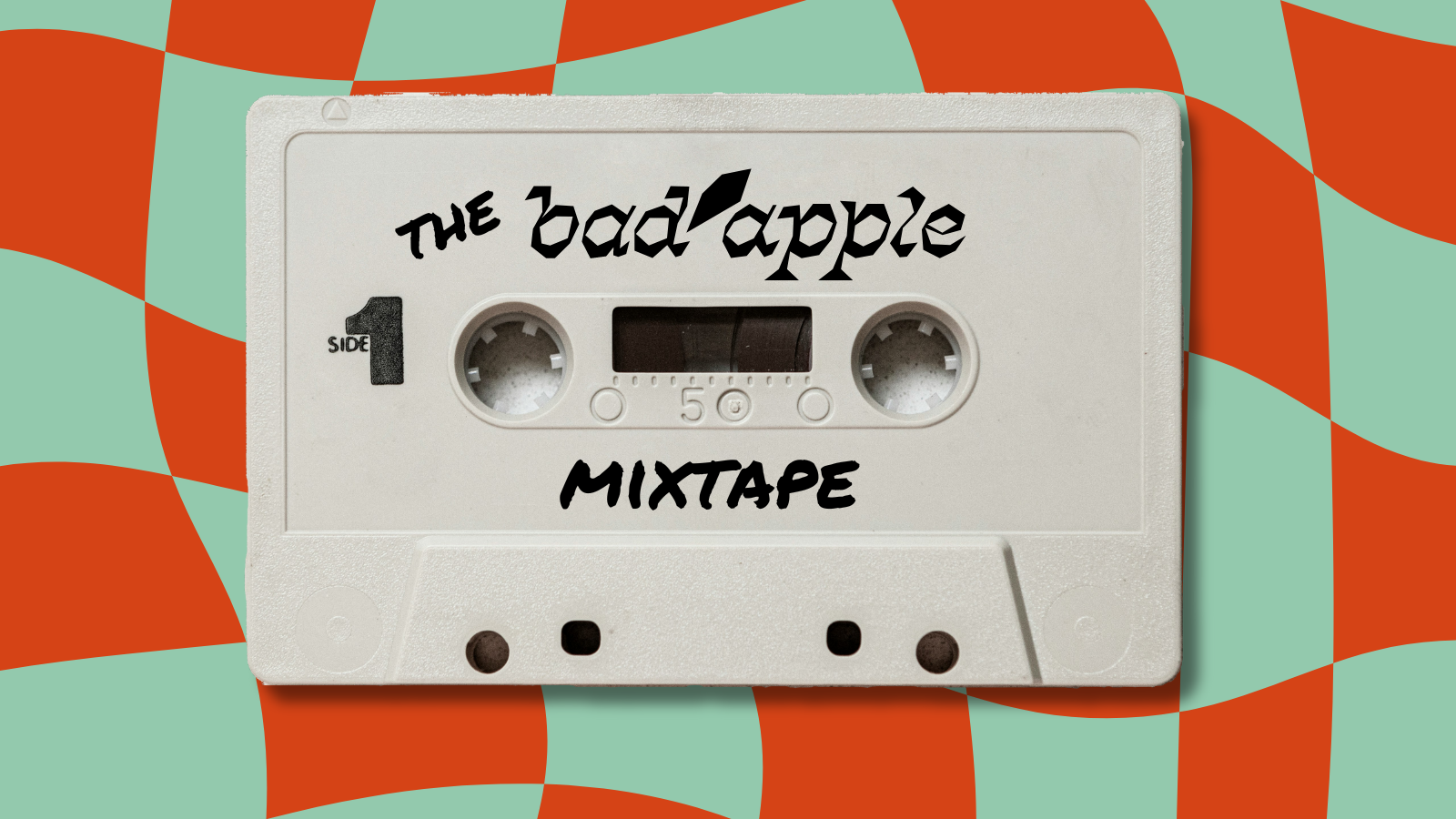musica universalis: the harmonic tones supposedly produced by the movement of the celestial spheres or the bodies which are fixed to them.
Some of history’s greatest thinkers have suggested that
the motions of the planets in our solar system create music,
because, on our earth, the motions of other bodies —
which are far inferior in size and in speed of movement —
has that very same effect.
When the sun and the moon, and all the stars —
so great in their number and size —
are spinning so rapidly around our heads,
why shouldn’t they also be singing songs of their own?
When we kiss
and our hearts jump out of our chests and dance trills in the air
like cicadas in the late setting of a summer sun,
why shouldn’t Neptune also break free from his blue veils
and spin off, recklessly, into the deep primordial horizon?
Or, when we make a meal to share together
and I watch as you swipe your remaining crust across the plate, like
Moses parting a gravy sea,
why shouldn’t old man Saturn also set down his heavy rings
and light his last and best cigarette of the day?
and watch as the opal grey smoke floats out the window across his galactic lawn
until he hears her go upstairs to bed,
at which point he follows along behind, his bones aching for touch,
and together they slip below the surface of the night.
We go for Sunday walks in the winter,
and follow the contour of the barren hedgerows as
the last feathery strands of daylight come filtering through the clouds.
The air is sharp and devoid of moisture, so,
you reach across and plunge your gloved hand deep into my pocket
like two birds in a nest, our shared warmth rising up my body and out through my eyes
scattering across this perfectly white world.
As we do this,
why shouldn’t Pluto and Charon break down in the public square
and loudly declare their love for one another?
Cringeworthiness and PDA and internationally recognised definitions of planetary objects,
be damned!
These are gods among men!
Two eternal, supermassive objects, hurtling round the sun together in a gravitational embrace,
enduring frigid ice and rock, their bonds unbroken by space, or time, or matter.
Why shouldn’t their songs also echo across the expanses, trail asteroids in their wake,
filter down through the lightyears, through our atmosphere,
and settle across our shoulders in the form of stardust and moonbeams?
This universe can feel so huge and untraversable,
among it all, the doomed knowledge that the black hole in the centre of our galaxy,
like a cuckoo,
will one day wake up and expand
and swallow everything in its path.
Despite this, it’s enough
to stand here with you for the time being, in this lowlight,
and watch the entrances and exits — all of them, the comings and goings
of this life
passing over us and under us like quavers travelling along a great cosmic staff,
with your chin resting up against my shoulder, arms swaddling my hips,
listening to the songs of the spheres,
hanging above it all, the rush of cars along a motorway
or of voices down a telephone, or trucks unloading, or dogs barking,
the noises of everyday life reverberating
but scarcely concealing
that oldest music.



